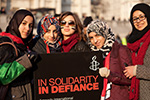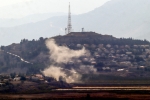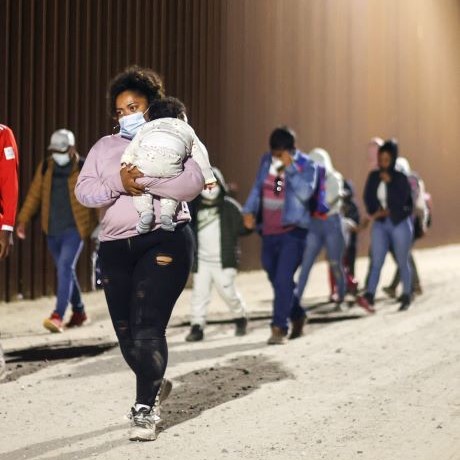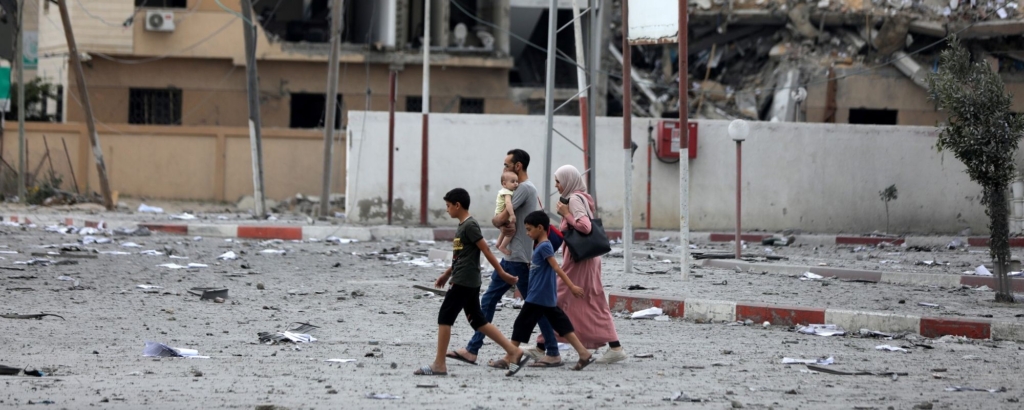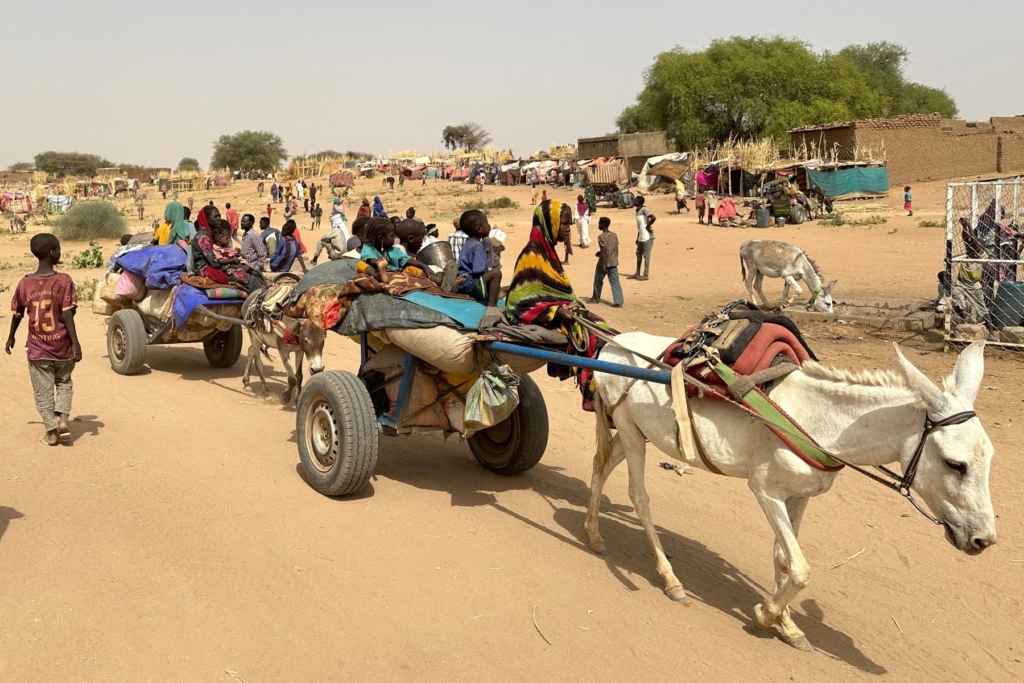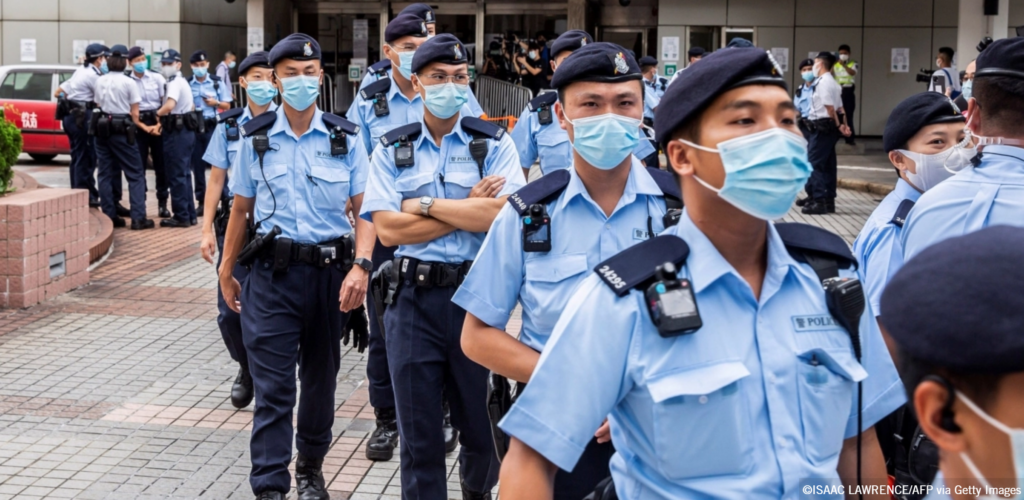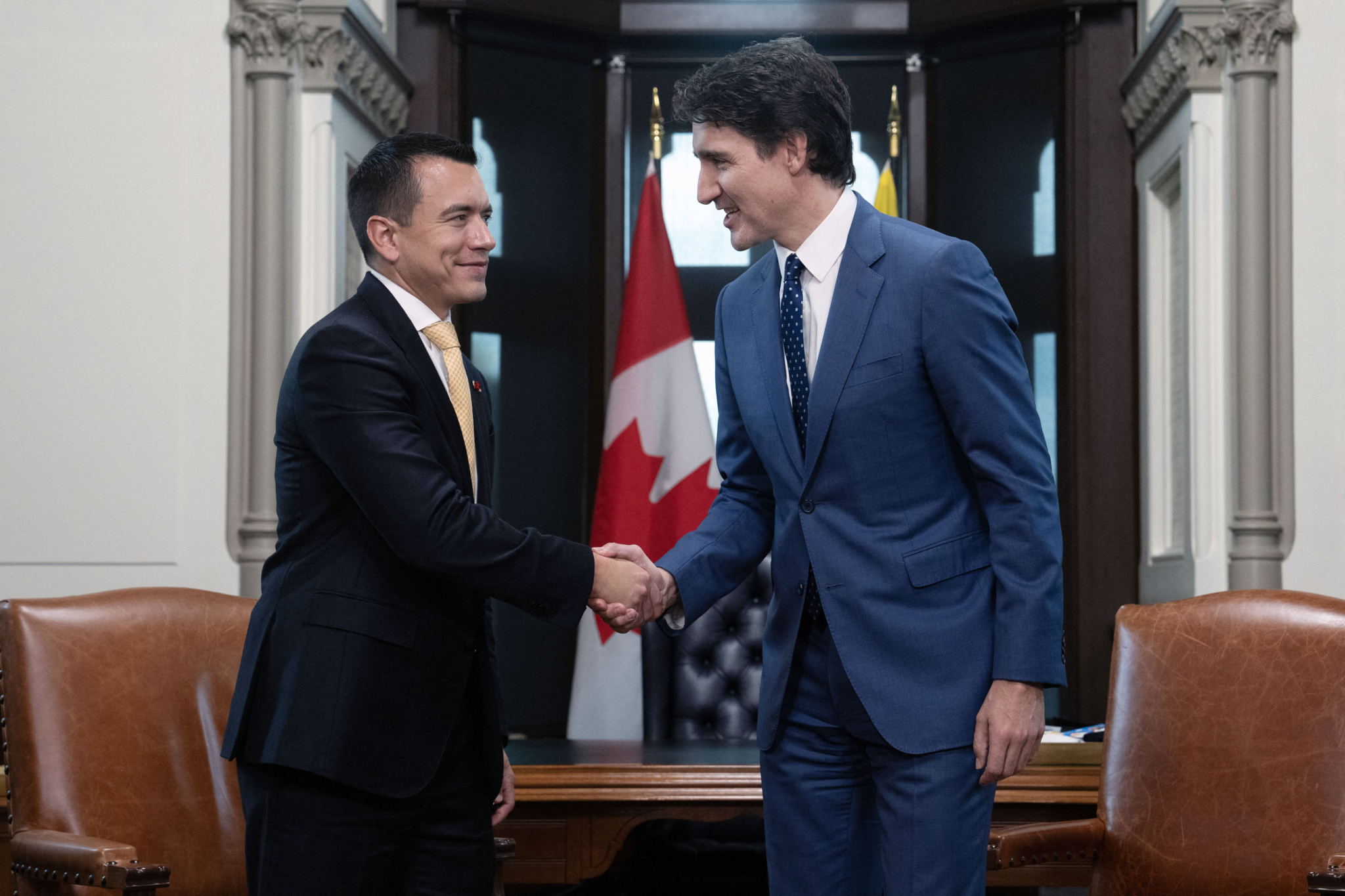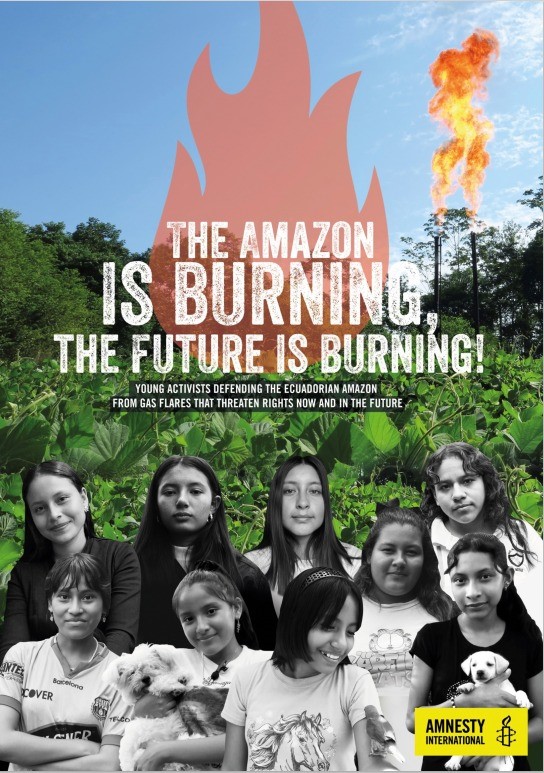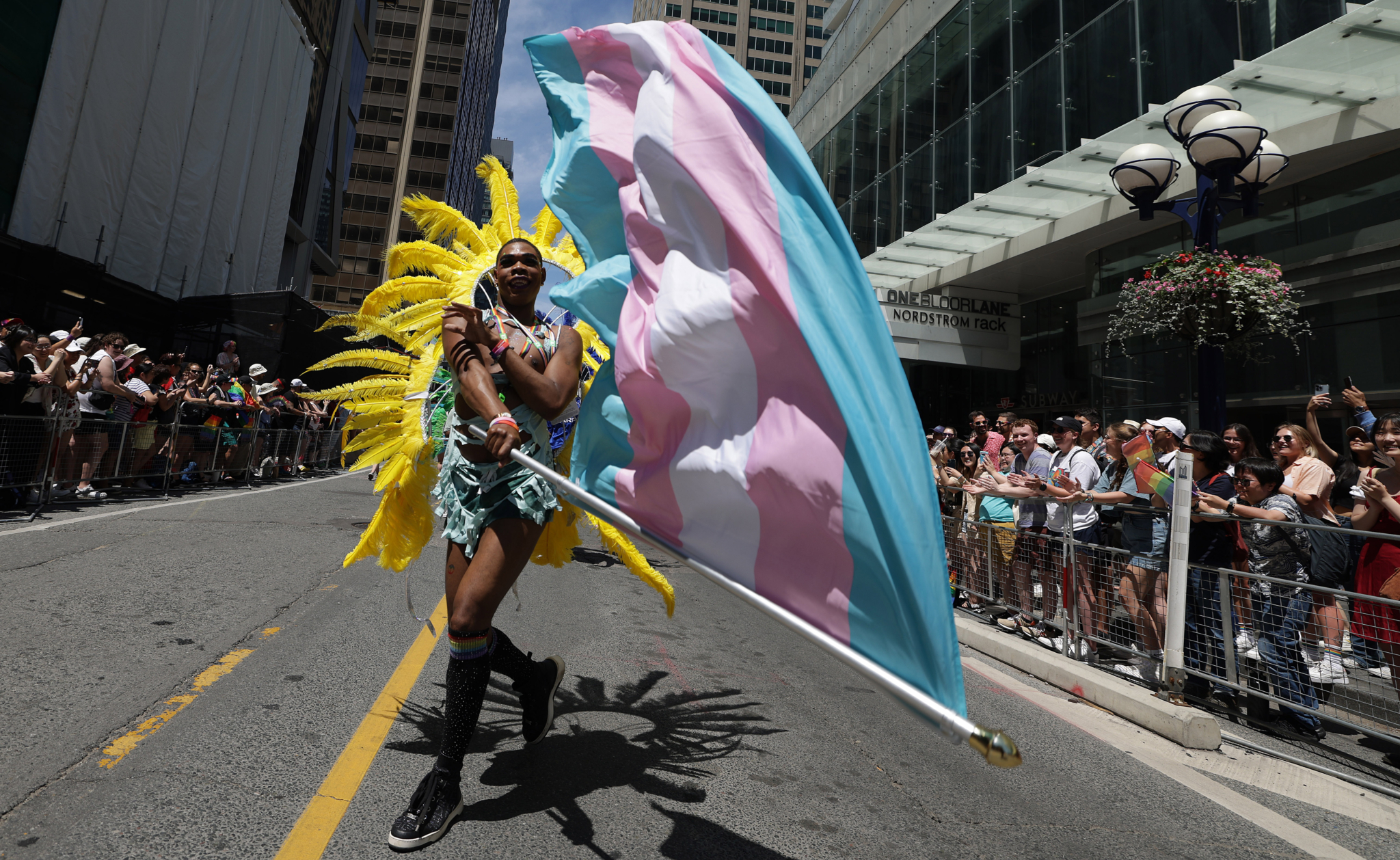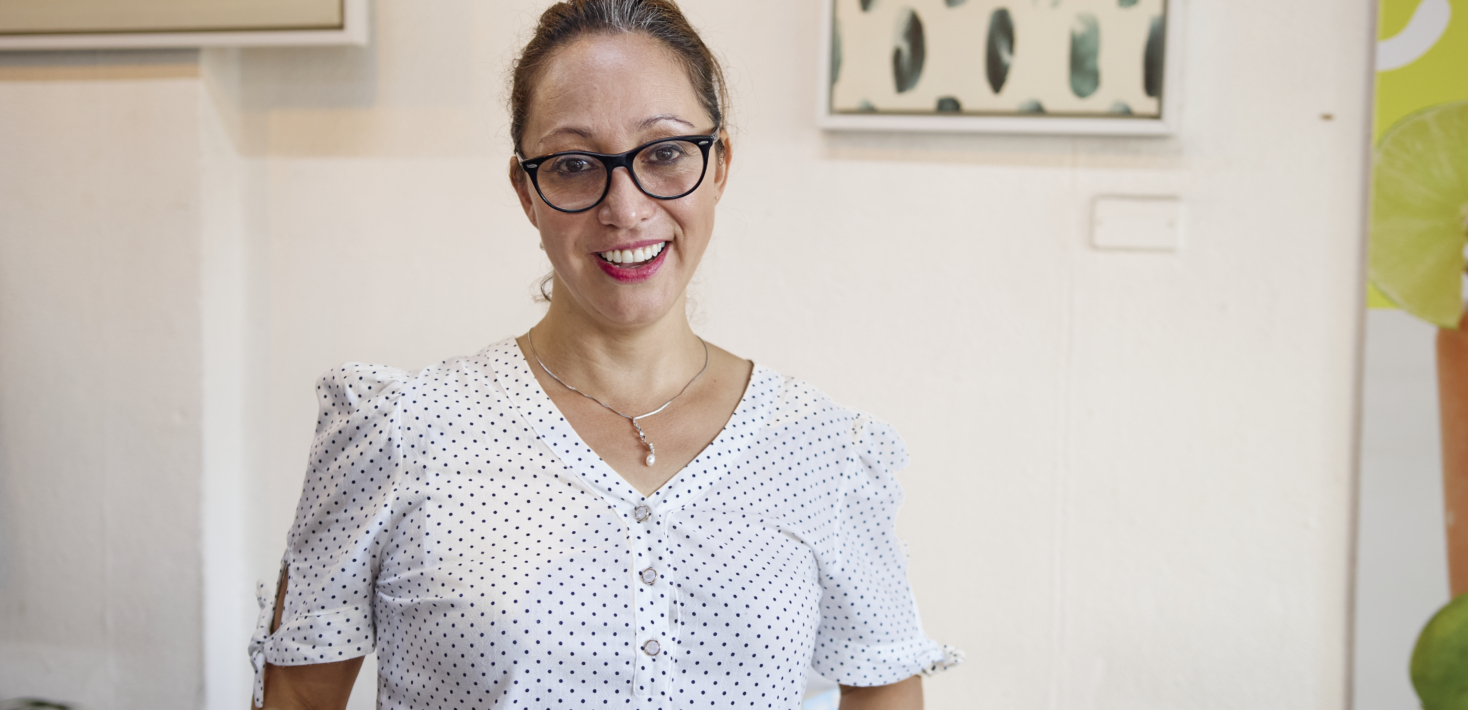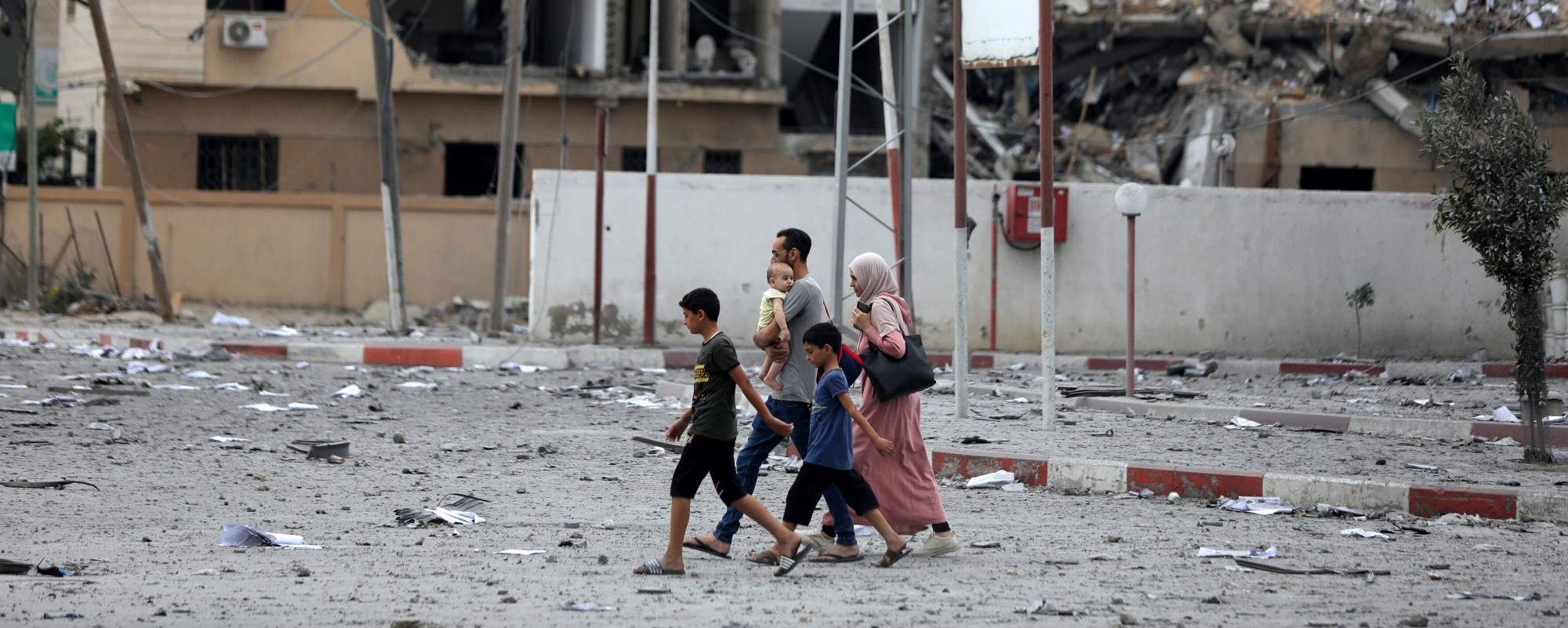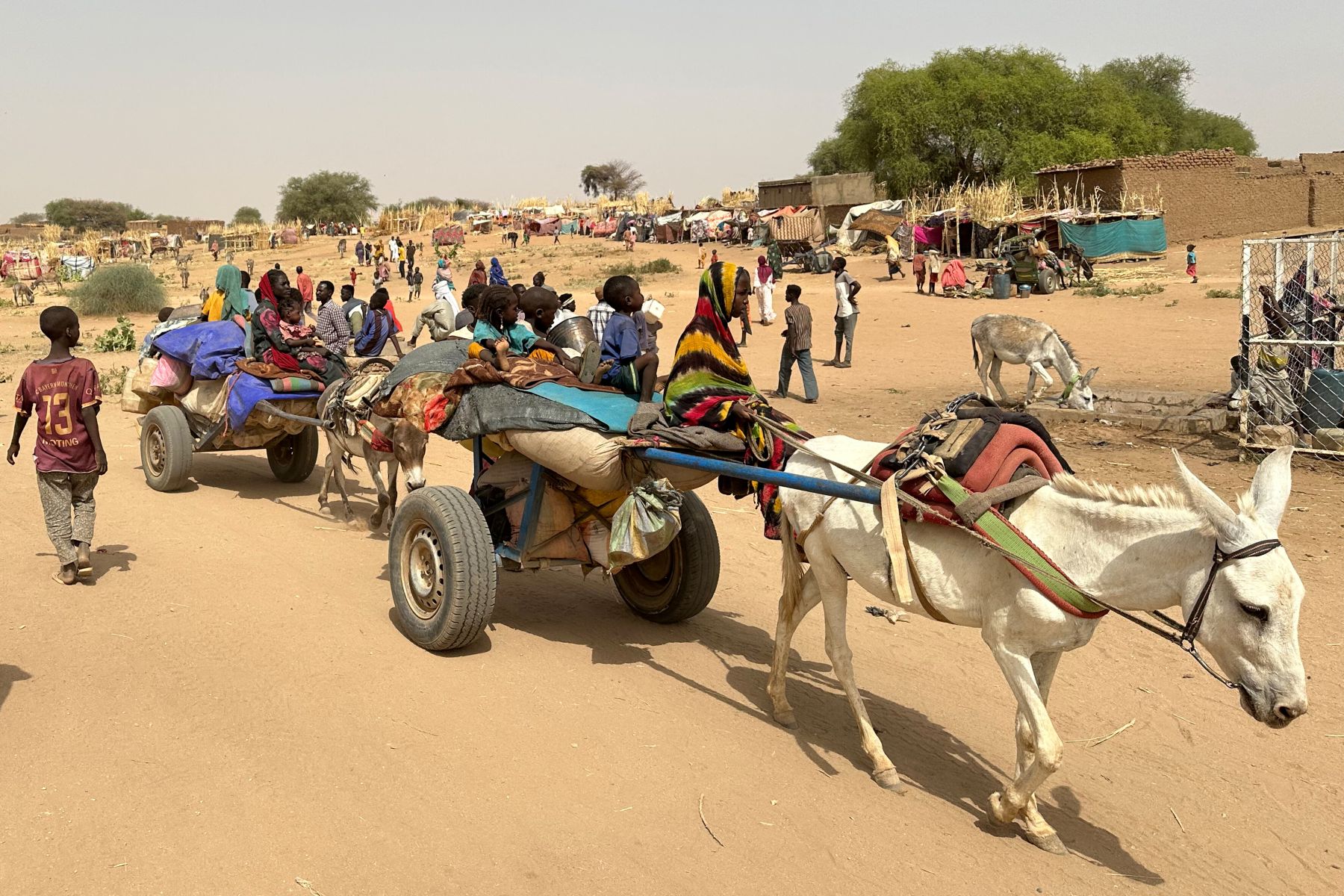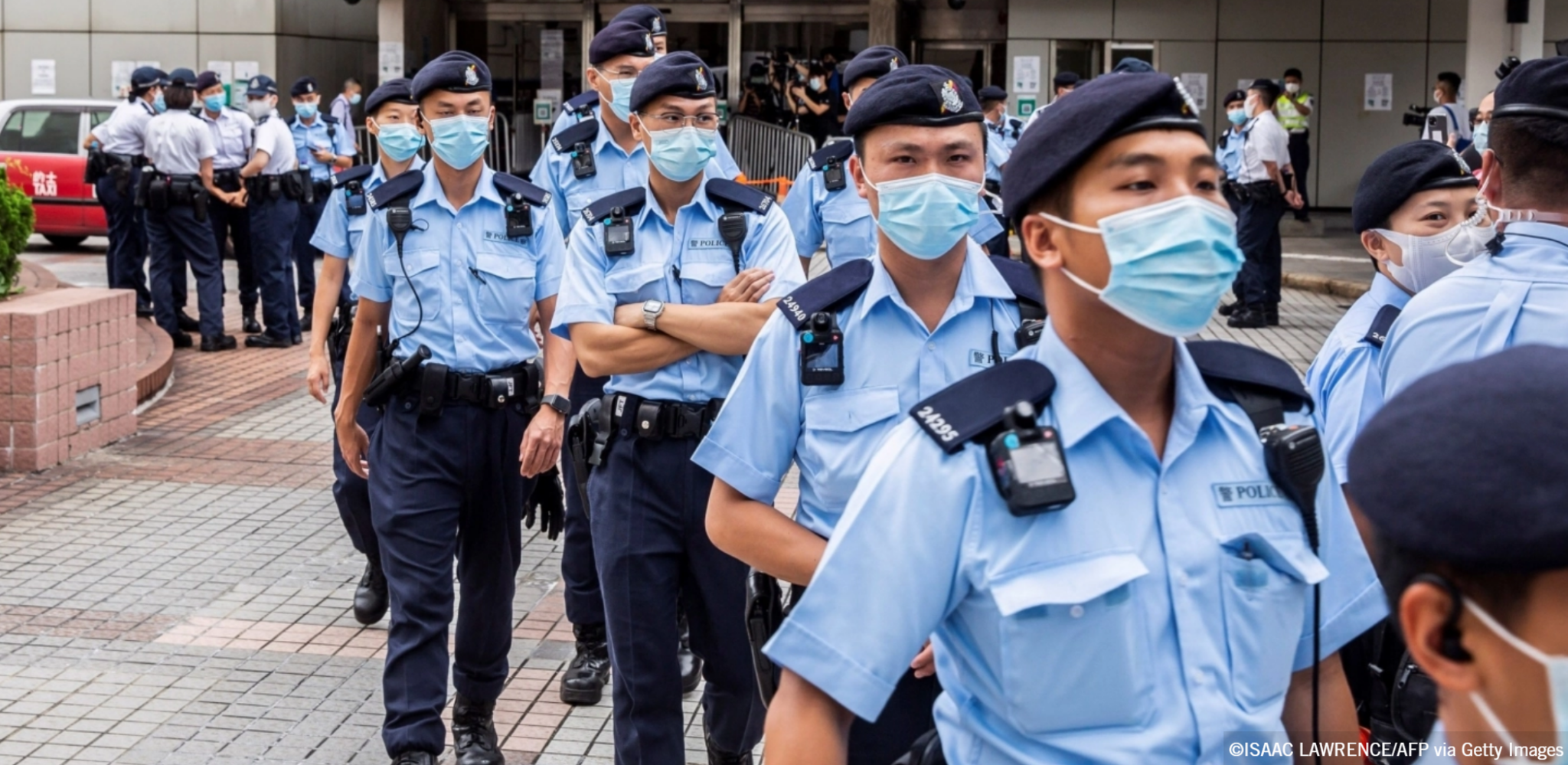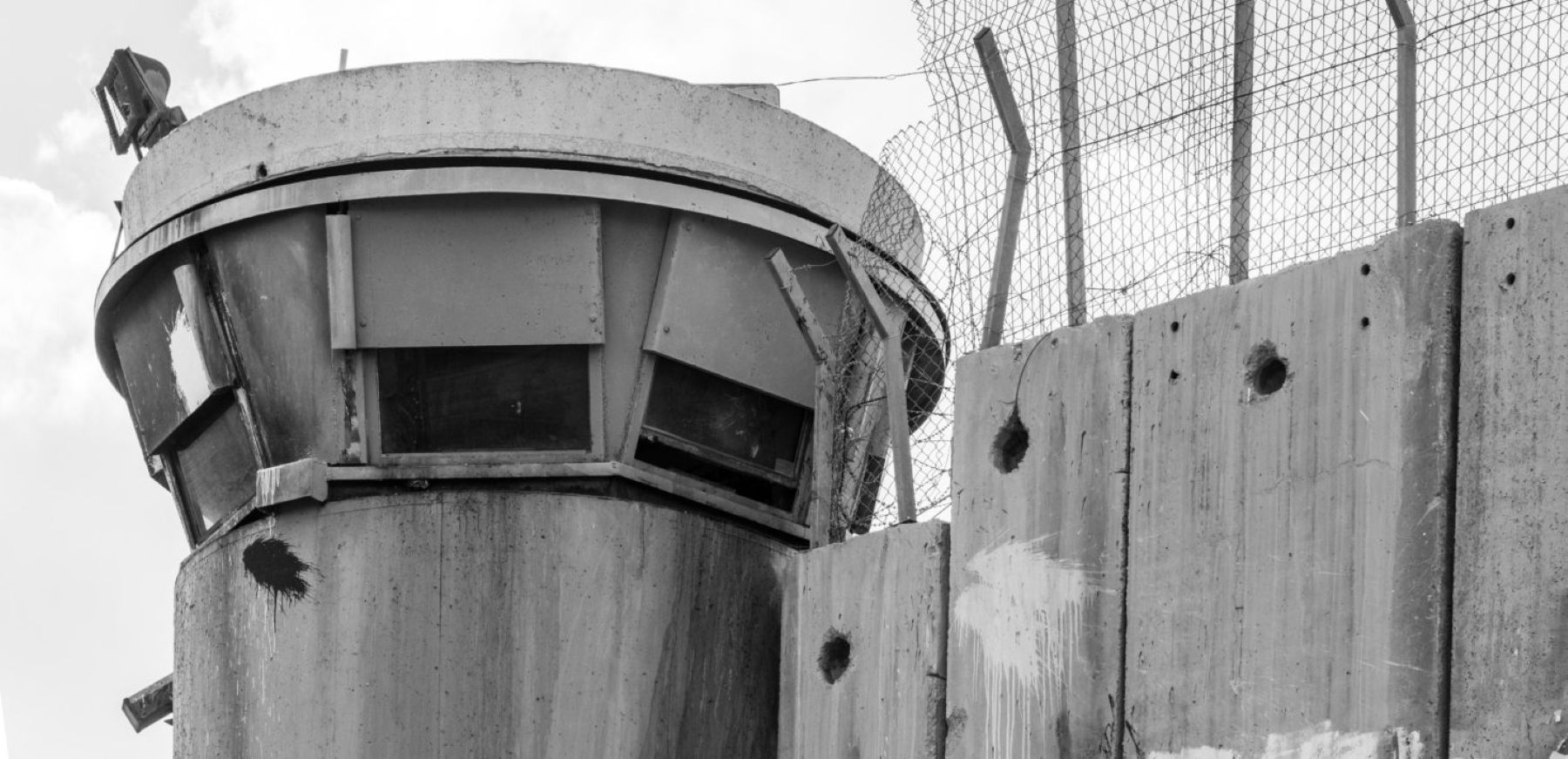Annually since 1991, women’s rights activists from around the world have joined together to take action as part of the 16 Days of Activism to end Gender-based Violence campaign. Women and girls continue to experience violence directed at them because of their gender. Indigenous women and girls experience higher rates of violence than any other group of women and girls in Canada. The federal government has launched a National Inquiry into Missing and Murdered Indigenous Women and Girls. This is a laudable effort and one that Indigenous women’s organizations, Amnesty International, and many others long called for, but action to end violence against Indigenous women and girls must not be delayed until the Inquiry finishes its work two years from now.
As part of the 16-day campaign, we are highlighting 16 actions that Canada can take NOW—not in a year, not in two years, not in a decade, but now—to end violence against Indigenous women and girls in Canada. Each day, we will highlight one action on social media: Facebook (women’s rights Facebook group and Indigenous rights Facebook page) and Twitter (@AI_WomenRights and @Craig_Benjamin). We will also mark the International Day for the Elimination of Violence Against Women (November 25), International Women Human Rights Defenders Day (November 29), the National Day of Remembrance and Action on Violence Against Women (December 6), and Human Rights Day (December 10).
Please share the social media posts through your networks, stand in solidarity with Indigenous women and Indigenous women’s organizations, and take action!
- National inquiry: Ensure robust, culturally-relevant, trauma-informed supports are available to Indigenous women who have experienced violence, as well as family members of missing and murdered Indigenous women and girls, throughout the National Inquiry into Missing and Murdered Indigenous Women and Girls. >> Take the pledge
- National action plan: Adopt a comprehensive, coordinated, well-resourced national action plan on violence against women, with specific measures to end violence against Indigenous women and girls, including actions to decrease resource development-related risks of violence to women and girls in northern communities. >> Read the civil society action plan blueprint
- Close the gap: Recognizing that the persistent gap in standard of living between Indigenous and non-Indigenous peoples in Canada is a contributing factor to high rates of violence against Indigenous women and girls, take immediate action in collaboration with Indigenous peoples to end systemic under-funding of basic services in Indigenous communities. >> Learn more
- Close the gap: Implement fully and immediately the Canadian Human Rights Tribunal ruling on discrimination in the provision of services for children on First Nations reserves. >> Learn more
- Resource development: Require that reviews and approvals of resource development projects, and other decision-making and programming processes, be informed by a comprehensive gender-based analysis, conducted in consultation with women’s rights and Indigenous organizations, including an intersectional analysis of the specific impacts on Indigenous women and girls. >> Sign our e-action
- Data: Routine collection and publication of consistent, reliable, disaggregated data on rates of violence against Indigenous women, including the number of missing persons cases. >> Learn more
- Services: Work with First Nations, Inuit, and Metis women and organizations to ensure substantive equality in access to all government services and programs, including women’s shelters and other culturally-relevant programs to prevent violence, both on and off reserve, to ensure the safety of Indigenous women and girls, and support Indigenous violence survivors. >> Write a letter
- Justice system: Decrease the high number of Indigenous women and girls in the justice system by increasing funding to support alternatives to incarceration where the individual poses no danger to the community, ensure women in prison can access culturally-relevant rehabilitation programs, and provide better access to justice by offering free and affordable legal aid. >> Learn more
- Policing: Launch a Quebec provincial inquiry into the relationship between police and Indigenous peoples. >> Write a letter
- Policing: Ensure independent civilian investigation of reports of police wrongdoing, including allegations of violence against women. >> Read our statement on Val d’Or
- Policing: Establish capacity for independent police review of unresolved cases of missing and murdered Indigenous women and girls where there are concerns that bias or other factors have led to inadequate investigation. >> Take the pledge
- Policing: Institute mechanisms to enable establishment of local committees of law enforcement and community representatives that can, under conditions of confidentiality, review cases concerning violence against women, missing persons, and other sensitive cases, to provide greater assurance to victims of violent crime and their family members, that all cases have been handled without bias. >> Learn more
- Policing: In conjunction with Indigenous peoples, develop and implement a robust Indigenous cultural competency program for all officers before deployment. >> Check out Amnesty’s new report
- Law and policy: Ensure laws and policies are consistent with the commitment to fully implement the UN Declaration on the Rights of Indigenous Peoples, collaborate with Indigenous peoples’ organizations, including Indigenous women’s organizations, on a plan of action for its implementation, and report regularly to Parliament on progress made toward implementation. >> Learn more
- Recommendations: Follow through on the federal, provincial and territorial commitments to fully implement the 94 Truth and Reconciliation Commission Calls to Action. >> Read the Calls to Action
- Recommendations: Implement the hundreds of recommendations from the Missing Women Commission of Inquiry, the CEDAW and IACHR investigations, parliamentary committees, and other investigations into ending violence against Indigenous women and girls. >> Read the recommendations
Learn more: Stolen Sisters Campaign










